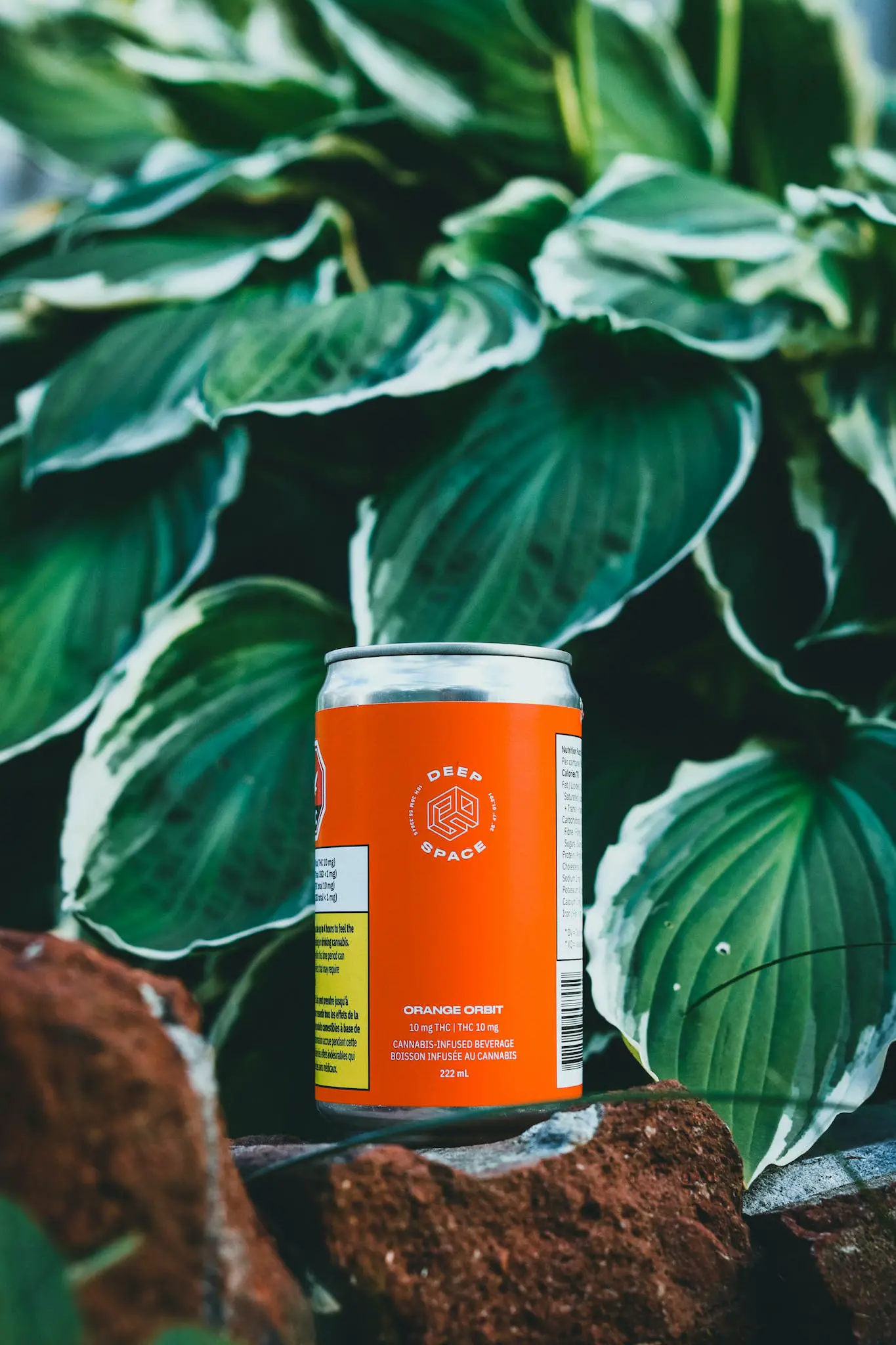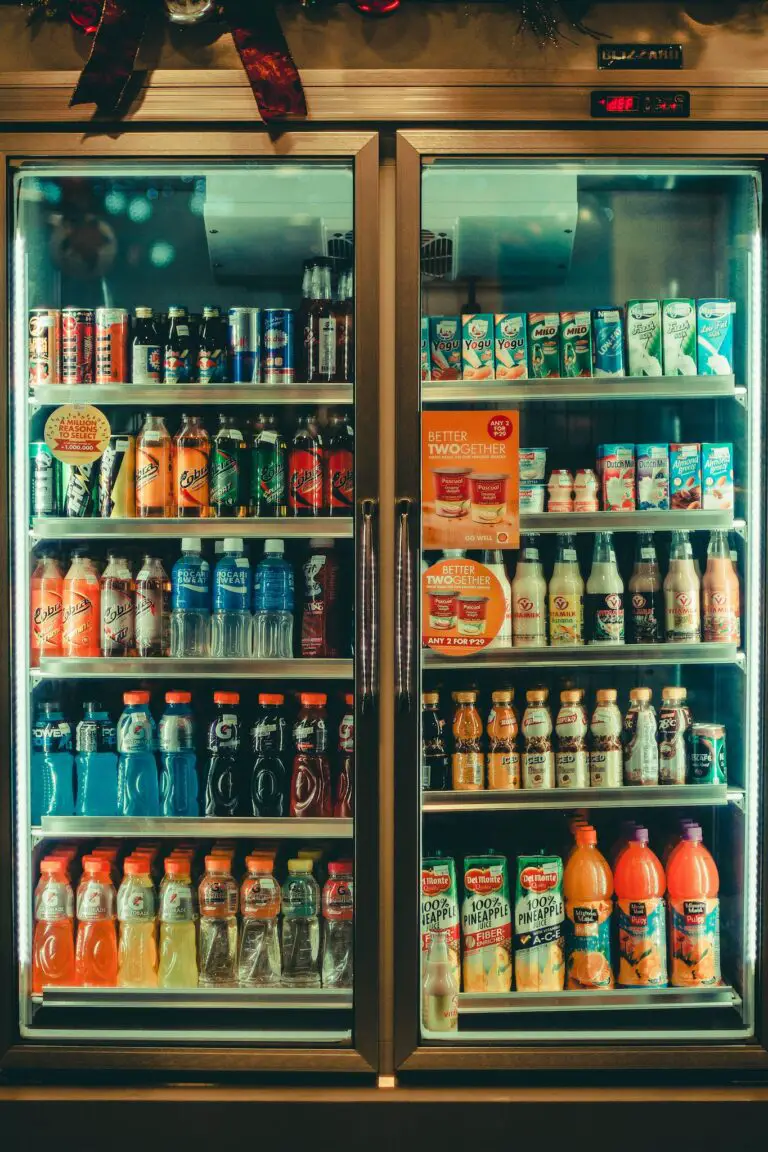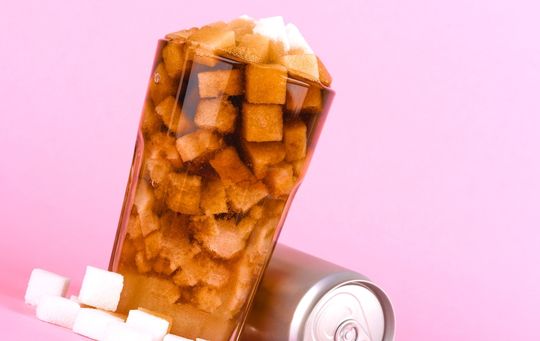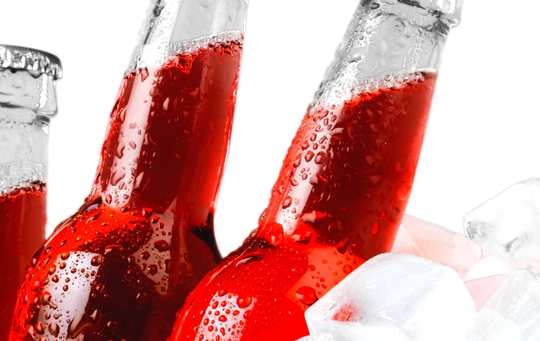When we think about exploding drinks, carbonated beverages like soda and sparkling water often come to mind. The satisfying hiss as you crack open a can and the playful fizz in your glass are well-known sensations. But what about non-carbonated drinks? Can they explode too? In this article, we will delve into this intriguing question, explore the science behind drink explosions, and uncover whether non-carbonated drinks can also burst unexpectedly.

The Explosive Science of Carbonated Drinks
Before we explore non-carbonated drinks, let’s understand why carbonated drinks explode. The explosive nature of these beverages is rooted in their carbonation, which is the process of dissolving carbon dioxide (CO2) gas under pressure. Here’s a simplified breakdown of the science:
- Dissolution: In a carbonated drink, CO2 gas is dissolved under high pressure, forming carbonic acid and giving the drink its effervescence.
- Release: When you open the container (bottle, can, or glass), you release the pressure inside. As a result, the dissolved CO2 comes out of solution, forming bubbles.
- Nucleation Sites: Bubbles require a starting point, or nucleation site, to form. These can be tiny imperfections on the container’s surface or particles in the liquid.
- Expansion: As the bubbles rise to the surface, they expand due to the reduced pressure, creating fizz.
Can Non-Carbonated Drinks Explode?
Non-carbonated drinks, such as fruit juices, milk, and plain water, do not contain dissolved CO2 gas. Therefore, they lack the key ingredient responsible for the explosive reactions observed in carbonated beverages. As a result, non-carbonated drinks generally do not explode in the same way.
However, there are some exceptions and circumstances where non-carbonated drinks may appear to “explode”:
1. Freezing Non-Carbonated Drinks
If you place a sealed non-carbonated drink in the freezer, you might experience an explosion. Unlike carbonated drinks, non-carbonated beverages do not release gas when opened. When these drinks freeze, the liquid expands and can cause the container to burst. This is more likely to happen with glass containers than plastic ones.
2. Fermented and Homemade Beverages
Certain homemade or fermented beverages, such as kombucha, kefir, or homemade fruit juices, can undergo fermentation that produces gas (usually carbon dioxide). While these drinks are not naturally carbonated, the fermentation process can lead to gas buildup, potentially causing containers to burst if not properly vented or sealed.
Data Table: Can Non-Carbonated Drinks Explode?
| Type of Drink | Explodes When Frozen | Potential for Fermentation |
| Non-Carbonated Drinks | Yes | Possible |
| Fruit Juices | Yes | Possible |
| Milk | Yes | Rare |
| Water | Yes | Rare |
| Homemade or Fermented Drinks | Yes | Possible |
Key Takeaways
- Non-carbonated drinks, which lack dissolved CO2 gas, do not typically explode when opened.
- Freezing non-carbonated drinks can cause containers to burst due to the expansion of the liquid.
- Certain homemade or fermented beverages may undergo fermentation, producing gas and potentially leading to container explosions if not properly managed.
- While rare, it’s essential to handle non-carbonated drinks and homemade beverages carefully to prevent unexpected explosions.
In conclusion, non-carbonated drinks like fruit juices, milk, and plain water are not prone to the same explosive reactions as carbonated beverages. However, they can burst when frozen or when undergoing fermentation, so it’s essential to handle them with care in specific situations. Always exercise caution to avoid unexpected messes and potential safety hazards.






